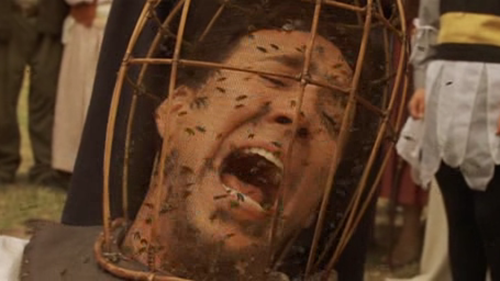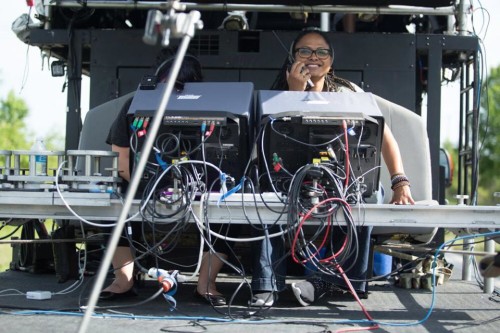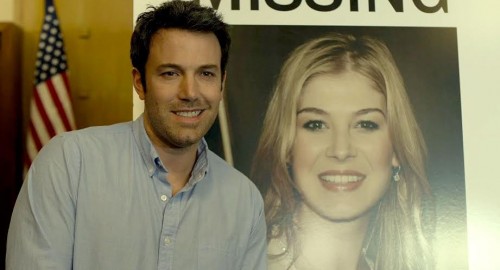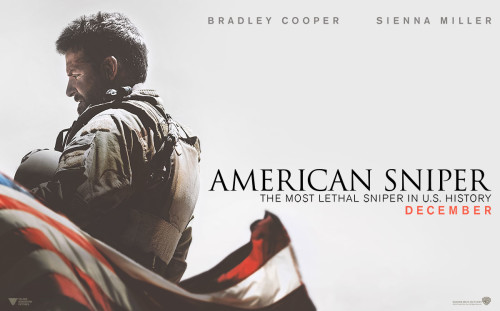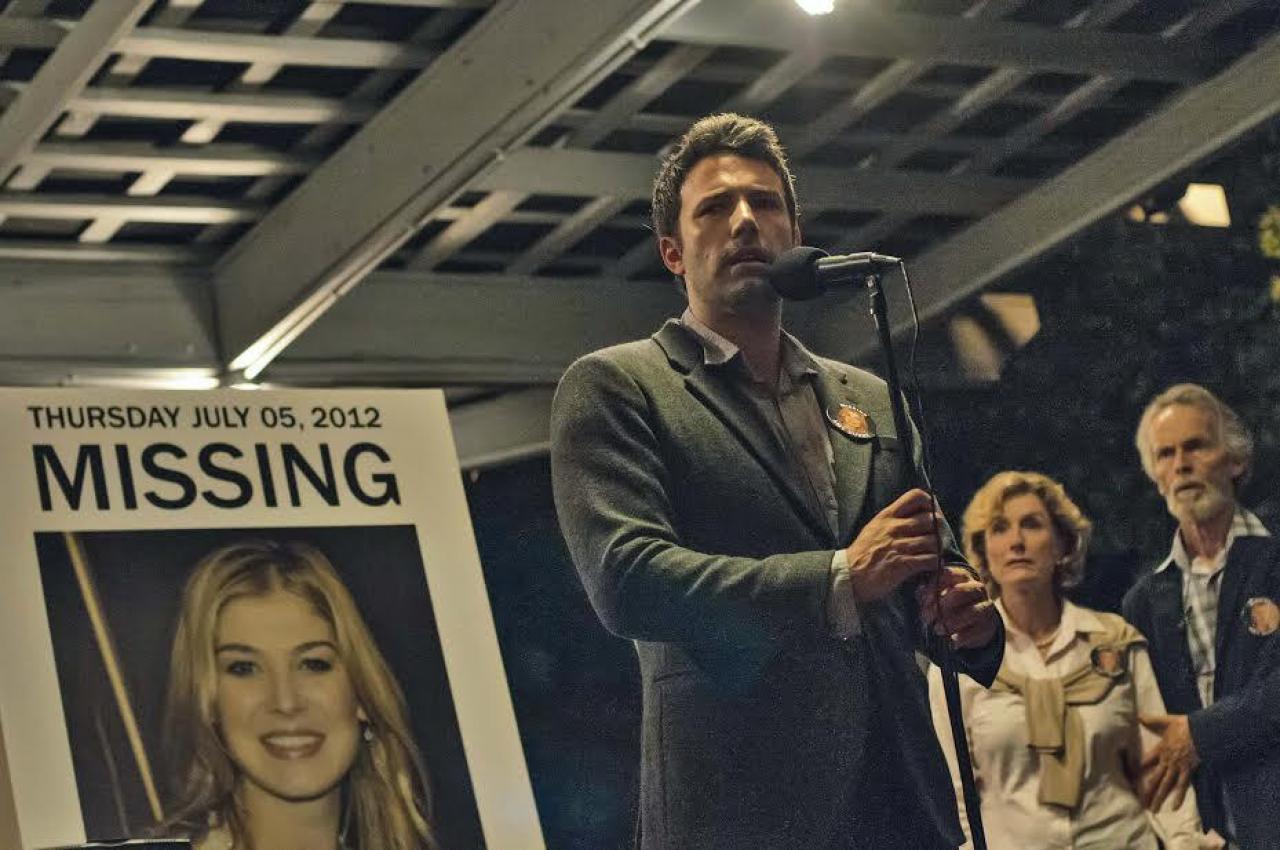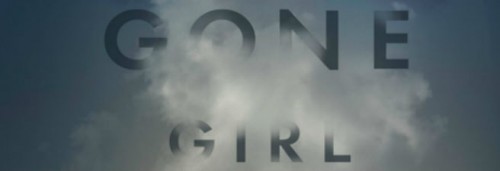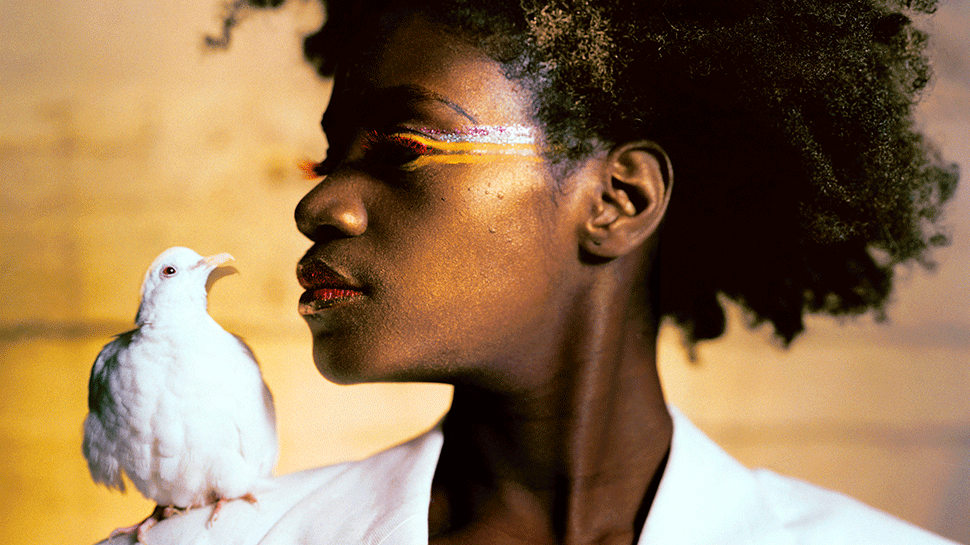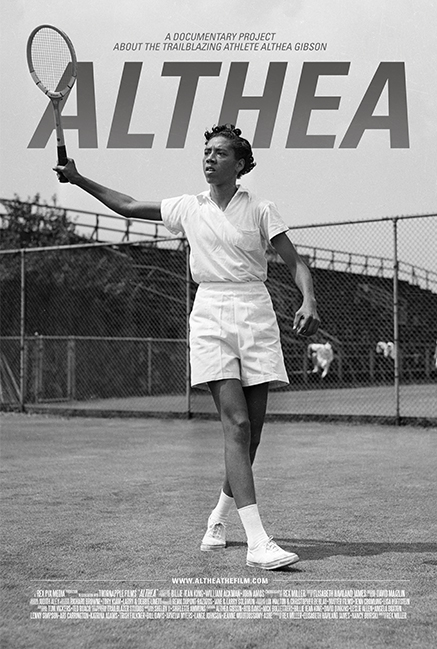Hate to Love Her: The Lasting Allure of Blair Waldorf
In an interview with the ‘New York Times,’ Gillian Flynn says, “The likability thing, especially in Hollywood, is a constant conversation, and they’re really underrating their audience when they have that conversation. What I read and what I go to the movies for is not to find a best friend, not to find inspirations…It’s to be involved with characters that are maybe incredibly different from me, that may be incredibly bad but that feel authentic.”


